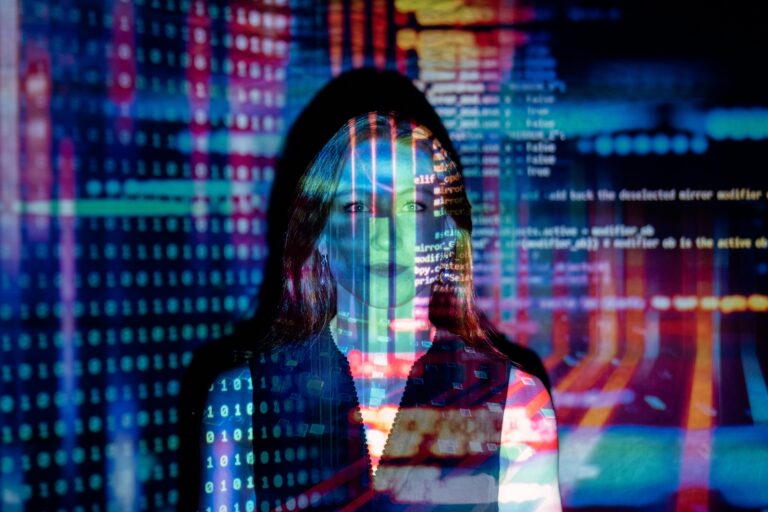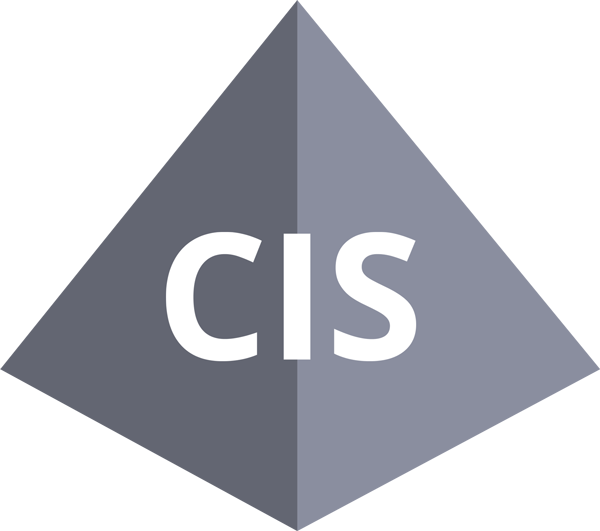Generative AI, a cutting-edge technology, has sparked a revolution across industries by enabling machines to create content that closely resembles human-generated work. This innovative technology has a broad spectrum of applications, ranging from text generation to image synthesis and even music composition. Its impact is not only transforming the way content is created but also opening new and exciting job opportunities for individuals skilled in this field.
Mastering generative AI can lead to a range of exciting job roles in fields such as artificial intelligence research, data science, and the creative industries. As generative AI continues to evolve and find new applications, those who are proficient in this technology are poised to shape how we interact and create content in the digital age. Some of the top job roles in generative AI include:
AI Researcher
AI researchers delve deep into the development of advanced generative models, pushing the boundaries of what is possible in machine-generated content. Here’s an overview of the responsibilities of an AI researcher:
- Conducting research to advance the field of artificial intelligence
- Developing and implementing new machine learning algorithms and models
- Collaborating with other researchers and engineers to solve complex problems
- Publishing research papers in conferences and journals
- Keeping up-to-date with the latest advancements in AI research
- Contributing to open-source projects and academic communities
- Mentoring junior researchers and interns
- Applying for research grants and funding opportunities
- Participating in conferences, workshops, and seminars to present research findings
Data Scientist
Data scientists leverage generative AI to extract valuable insights from data, helping organizations make informed decisions and gain a competitive edge. Here’s an overview of the responsibilities of a Data Scientist:
- Collecting, cleaning, and preprocessing data for analysis
- Exploring and analyzing complex datasets to uncover insights and trends
- Developing machine learning models to solve business problems
- Evaluating and interpreting the performance of machine learning models
- Communicating findings to stakeholders through reports and visualizations
- Collaborating with cross-functional teams to drive data-driven decision-making
- Developing and maintaining data pipelines and infrastructure
- Staying updated with the latest tools and techniques in data science
- Providing guidance and mentorship to junior team members
- Ensuring data privacy and compliance with regulations (e.g., GDPR, HIPAA)
Content Creator
Content creators harness the power of generative AI for innovative storytelling, creating engaging and personalized content for their audience. Here’s an overview of the responsibilities of a Content Creator:
- Researching and understanding the target audience to create relevant content
- Developing content strategies to meet marketing and communication goals
- Creating engaging and compelling content for various platforms (e.g., blog posts, social media, videos, podcasts)
- Collaborating with designers, marketers, and other team members to create multimedia content
- Editing and proofreading content to ensure clarity, accuracy, and consistency
- Optimizing content for search engines (SEO) and user experience
- Managing content calendars and schedules to ensure timely delivery
- Analyzing content performance metrics and making data-driven decisions
- Staying updated with industry trends and best practices in content creation
- Adhering to brand guidelines and maintaining brand voice across all content
AI Ethics Consultant
As the use of AI-generated content grows, AI ethics consultants play a crucial role in addressing the ethical implications of these technologies, ensuring that they are used responsibly and ethically. Here’s an overview of the responsibilities of an AI Ethics Consultant:
- Assessing the ethical implications of AI systems and technologies
- Developing and implementing ethical guidelines and frameworks for AI development and deployment
- Collaborating with AI developers, engineers, and stakeholders to integrate ethical considerations into AI projects
- Conducting ethical impact assessments of AI systems to identify potential risks and harms
- Providing guidance and recommendations on how to mitigate ethical risks and ensure responsible AI use
- Educating and raising awareness among AI developers, policymakers, and the general public about AI ethics
- Monitoring and evaluating the ethical performance of AI systems over time
- Advocating for policies and regulations that promote ethical AI development and deployment
- Engaging with stakeholders and communities affected by AI to incorporate diverse perspectives into ethical decision-making
- Contributing to research and scholarship on AI ethics to advance the field and promote best practices.

The ever-expanding applications of generative AI promise a bright future for those who master this technology. By embracing generative AI, individuals can not only shape the future of industries but also play a pivotal role in defining how we interact and create content in the digital age.

